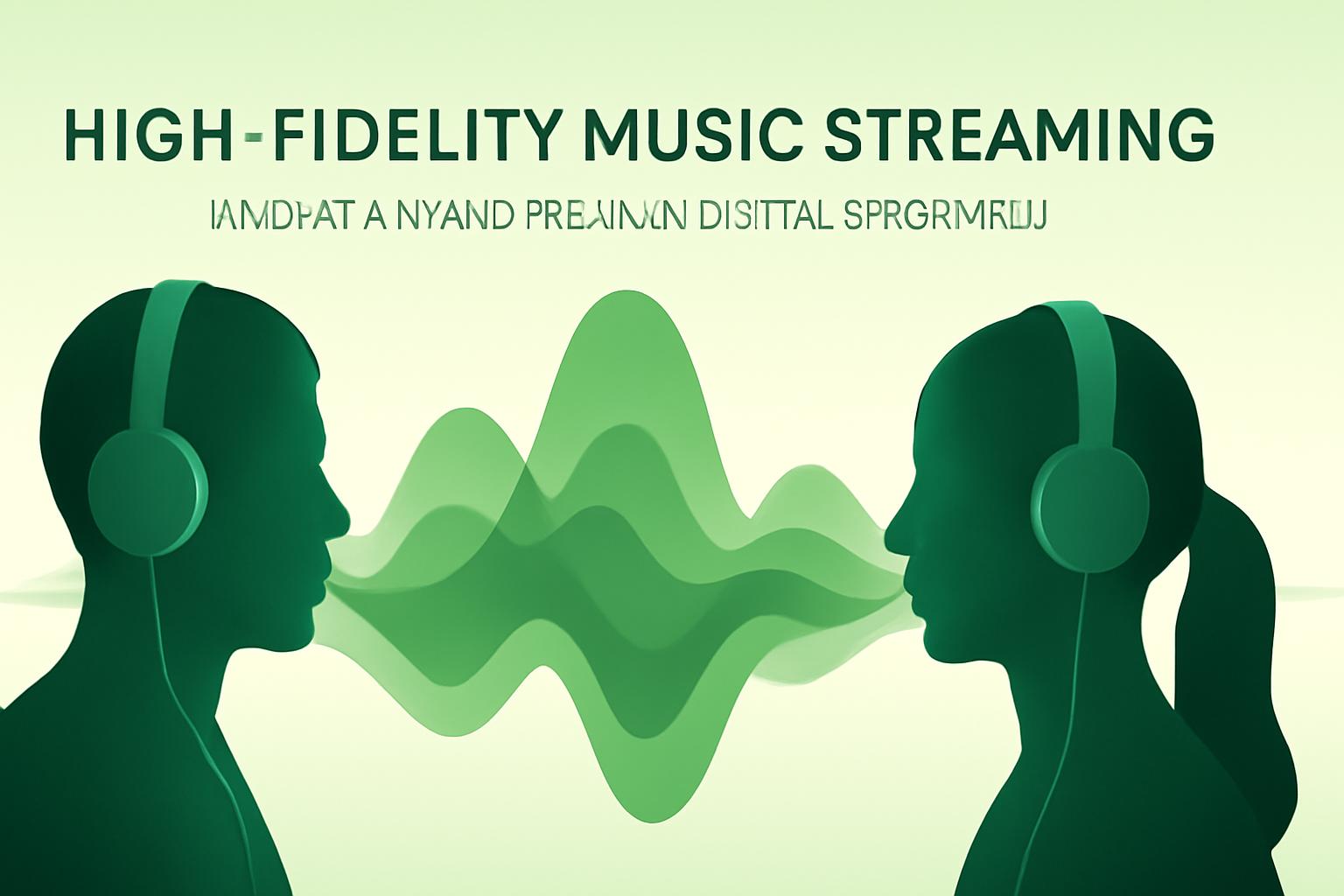Spotify Launches Long-Awaited Lossless Music Streaming for Premium Users
Spotify has officially introduced support for high-resolution, lossless music streaming to its premium subscribers after years of anticipation and delay. The new feature provides CD-quality audio streaming in FLAC format, preserving original sound fidelity without compression.
The company first announced plans for a hi-fi tier back in 2021, but licensing complications and other challenges stalled the rollout. Last year, CEO Daniel Ek described the effort as still being in its “early days.” Now, Spotify is delivering lossless streaming at up to 24-bit/44.1 kHz quality to users in over 50 countries, with availability continuing to expand through October.
Global Availability and User Experience
Subscribers in markets including the United States, United Kingdom, Germany, Japan, Australia, Austria, Czechia, Denmark, New Zealand, the Netherlands, Portugal, and Sweden have already received access. Users will be notified within the app once the feature is enabled for their account.
To activate lossless streaming, users must navigate to Settings & Privacy > Media Quality and select the “Lossless” option for streaming over Wi-Fi, cellular data, or downloads. Importantly, the setting must be enabled separately on each device, as it does not sync across all devices linked to the same account.
Technical and Usage Considerations
Lossless audio files are significantly larger, prompting Spotify to provide data usage tracking for subscribers. Due to bandwidth limitations, lossless streaming is not supported over Bluetooth connections. Instead, users can leverage Spotify Connect to stream via Wi-Fi to compatible devices from manufacturers such as Bose, Yamaha, and Bluesound.
This restriction echoes concerns previously raised by Apple regarding Bluetooth’s bandwidth constraints for high-quality audio streaming.
Market Context and Competition
Spotify’s entry into lossless streaming arrives years after competitors like Apple Music, which launched lossless options in 2021, and Amazon Music, which has offered free lossless streaming since 2019 following its paid HD tier debut. Spotify claims that nearly every track in its extensive 100-million-song library will support lossless playback, though some exceptions may remain.
While this launch marks a significant upgrade for Spotify’s audio quality offerings, the company’s delayed entry into the lossless market underscores the complex licensing and technical challenges involved.
FinOracleAI — Market View
Spotify’s introduction of lossless streaming is a strategic move to enhance its premium offering and compete with established rivals in the high-fidelity audio segment. This upgrade may help improve subscriber retention and attract audiophile users seeking superior sound quality.
However, the delayed rollout and limitations such as manual device activation and lack of Bluetooth support could temper immediate adoption. Market reaction will depend on user uptake and how Spotify addresses these constraints in future updates.
Investors should monitor subscriber growth trends and potential pricing adjustments as Spotify integrates this feature more deeply into its ecosystem.
Impact: positive













